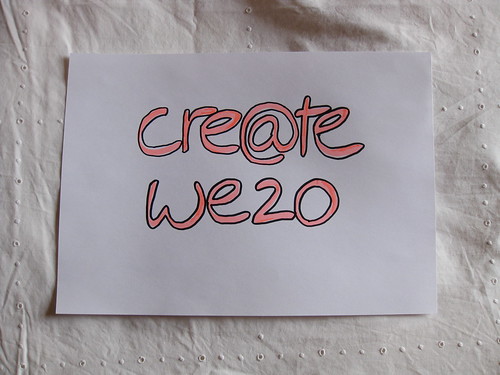With strong, heartfelt convictions and a background in PR for trade unions and leftist politicians, Matthew McGregor comes across as a charmingly un-reconstituted, died-in-the-wool socialist.
But his company, Blue State Digital, has pretensions way beyond the political arena.
In 2006, Blue State Digital was hired by Barack Obama’s Presidential Campaign to build and manage its fundraising website. The site went on to become the most effective campaign website in history, enabling over three million individuals to donate over $500 million online, supporting more than two million user profiles and soliciting more than 13 million email addresses.
Blue State Digital was identified as Obama’s “Secret Weapon” by Businessweek and “the future of politics” by The Guardian.
Last year, Matthew was employed by Blue State Digital to set up its London operation. That’s where we are now: chatting on the sofas on the ground floor of Freud Communications’ building in London’s West End, where the UK office is based.
Although Matthew was not directly involved in the Obama campaign, he spent time alongside his US colleagues in the run up to the US Presidential Election last November. There he witnessed, first hand, the tremendous drive and dynamism of Obama’s support base which was constantly captured and reinvigorated via the campaign website.
Blue State Digital’s suite of online tools include a powerful mass e-mailer, a phone bank – which readily identifies “hot” or “warm” contacts – and an invite tool. These might be considered as typical campaign tools, but Matthew is keen to see their application across the board:
“The spark of what we do is community: where people are able to come together in terms of a common goal, not just political – it could be in terms of test-launching a new product. Politicians generally are really unpopular but look at the spark of engagement you get from someone wanting to test a new Blackberry! Companies have more sense of community than they realise.”
It’s unsurprising that Matthew refers to politicians less than favourably: we’re meeting on the Tuesday after a long Easter weekend which has brought disastrous news for the British Prime Minister and the UK Labour Party: Gordon Brown’s advisor Damian McBride has resigned after authoring a leaked email outlining an alarmingly misguided plan to spread nasty – and unfounded – rumours about rival MPs via the web.
Though he sighs and shakes his head at the thought of McBride, Matthew cites John Prescott and Tom Watson as two UK MPs who really “get” how to use the internet: “They understand the fundamental kernel of authenticity”.
“It’s all about engaging with people directly, on an authentic basis – engaging with people on their issues, in a language they understand.”
And this language of engagement can apply easily in business, believes Matthew.
“Maybe it’s a peculiarly British thing, to be so under-stated. I’m really struck by the language of sacrifice that permeates the UK. In Sweden, their language is of solidarity. In Britain, it’s a sacrifice. In the US, it’s hope. But the language of sacrifice is not inspiring!”
From his political and advocacy campaigns, Matthew has learnt that people need to be given positive messages to make them feel it’s worthwhile to take part in something, and this is just as true for business projects as it is for everything else:
“Being authentic, being engaging and putting people to work applies across the board.”
“You need to encourage people to take action: they need to be encouraged, incentivised, given a reward to take part in the bigger picture.”
In this, Matthew echoes the mantra of all successful social networks: give people a genuine personal motive, and they’ll participate. The importance of a strong underlying community cannot be under-stated:
“Obama wasn’t the first person to do this but [he’s been] far and away the most successful. So people see that campaign and want to emulate it. There’s not a huge amount of difference between Obama and Howard Dean in terms of the actual campaign but in terms of success, yes! Obama did get new media, yes, but what he got was community organising: the principles of good new media community.”
Matthew would love to get more corporate clients, but he’s not completely indiscriminate: true to his party roots, he draws the line at working for one David Cameron.
That’s a shame. Blue State Digital could do great things for the Conservative Party. No matter. I get the feeling that, sooner or later, a beleaguered Gordon Brown (or his successor) might just be giving Matthew a call.





